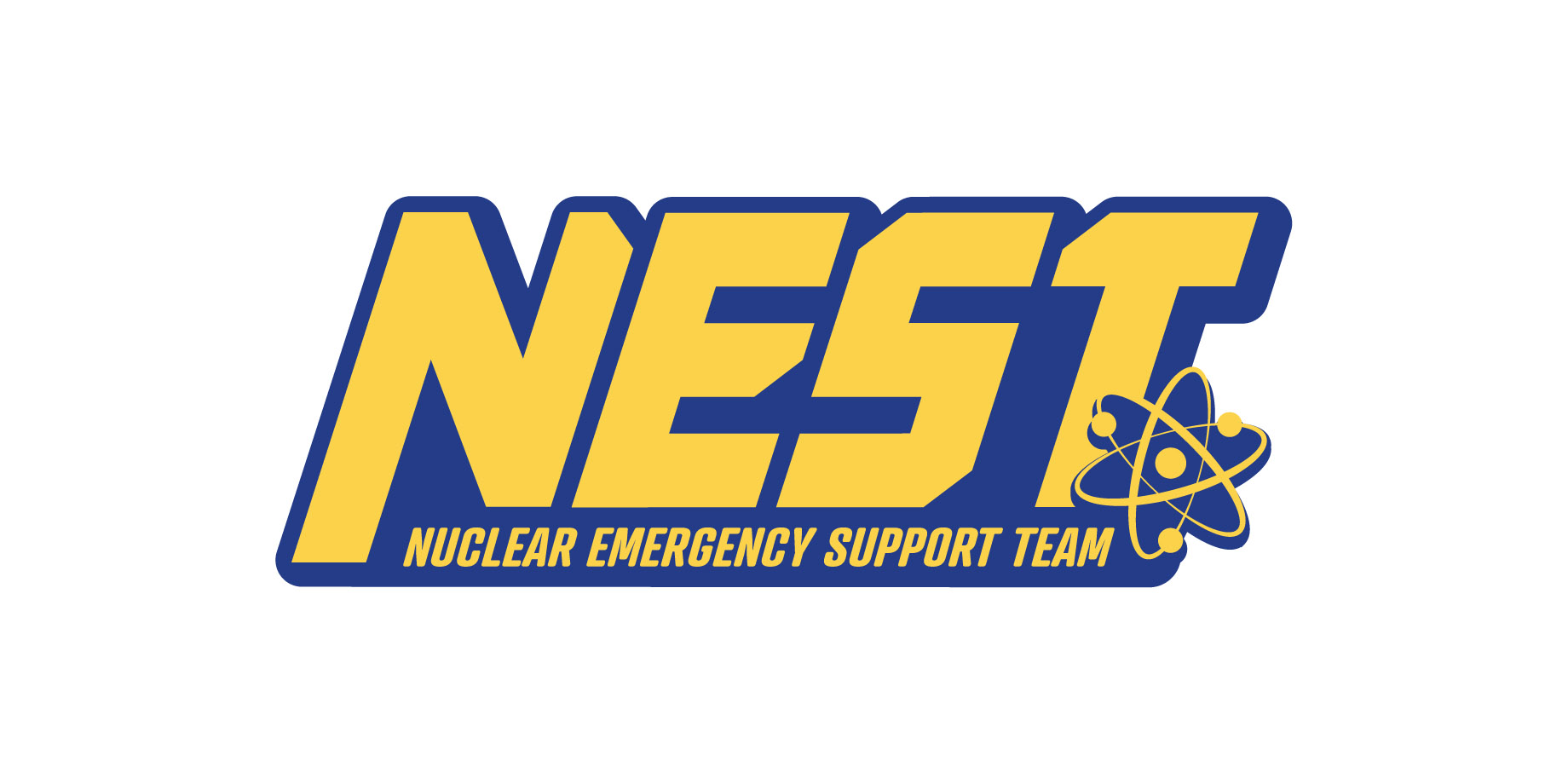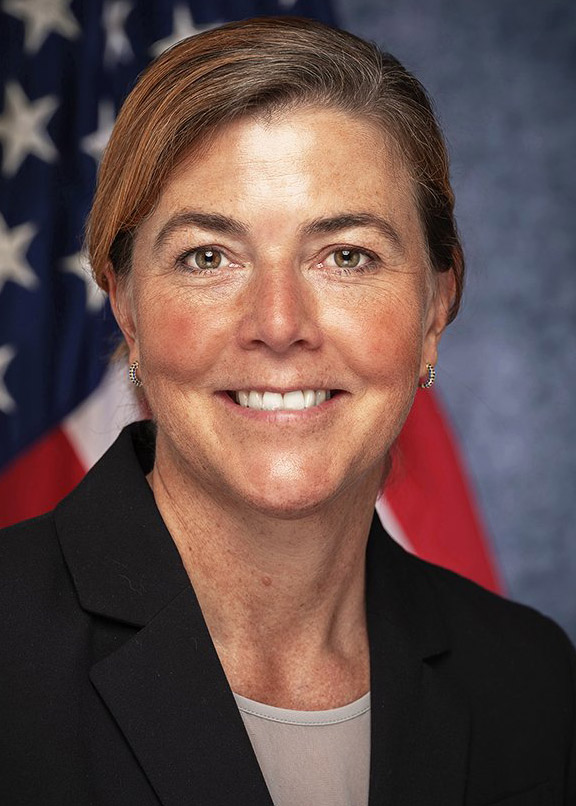NPR highlights Nuclear Emergency Support Team

The little-known Nuclear Emergency Support Team (NEST) was highlighted recently on the popular NPR show “All Things Considered” and was accompanied by an online feature.
NEST is a group within the Department of Energy’s National Nuclear Security Administration that, according to its web page, “encompasses all DOE/NNSA radiological and nuclear emergency response functions, some of which date back more than 60 years.” Its functions include all field-deployed and remote technical support for weapons of mass destruction operations, including preventive nuclear and radiological detection and threat-based nuclear search; public health and safety missions; and responses to U.S. nuclear weapon accidents and incidents.
Slightly more open: NPR senior editor and correspondent Geoff Brumfiel wrote that NEST is made up primarily of people who work elsewhere in the government—“scientists, federal law enforcement personnel, and regulators—who all take time out of their day jobs to prepare for a nuclear incident.” Despite the group’s low-profile history, it recently has been trying to be a bit more open about its mission.

Smith
Wendin Smith: the Department of Energy’s deputy undersecretary for counterterrorism and counterproliferation, Wendin Smith, is quoted in the article as saying, “We are always ready, 24/7, and always prepared to deploy.” Smith’s position puts her in charge of NEST’s responsibilities. She previously served as director of security policy within the Political Affairs and Security Policy Division at the North Atlantic Treaty Organization; as managing director of Deloitte Consulting’s Countering Weapons of Mass Destruction practice; as senior advisor to the U.S. Special Operations Command for Countering Weapons of Mass Destruction (CWMD); and as deputy assistant secretary of defense for CWMD.
According to Brumfiel, Smith “hopes talking more openly about the mission might help people feel more assured, as well as deter adversaries who may be out to cause nuclear mayhem.” She said, “the fact that people understand that NEST exists . . . is important to help people sleep at night."
Background: NEST was formed in 1974, when a nuclear bomb hoax in Boston revealed the inadequacy of the government’s abilities to respond to nuclear threats. President Gerald Ford then established NEST to deal with such situations. It soon had a number of jobs to handle, including recovering debris from a crashed Soviet uranium-powered satellite in Canada and collecting radiation data on the Three Mile Island nuclear power plant accident.
Helicopter monitoring: The NPR article discussed the blue-and-gray NEST helicopters that are used for national security missions, such as flying over public events to scan for signs of radiation and “dirty bombs.” In the past year, scientists in these aircraft have monitored the Super Bowl, the Boston Marathon, and Democratic and Republican national conventions, as well as numerous unexpected suspicious events across the nation. Smith noted that “on a weekly basis there’s either an unknown event that triggers the deployment of a NEST team or a question from a local responder.”
Video: A short NNSA-produced video honoring the fiftieth anniversary of NEST can be viewed on YouTube.

